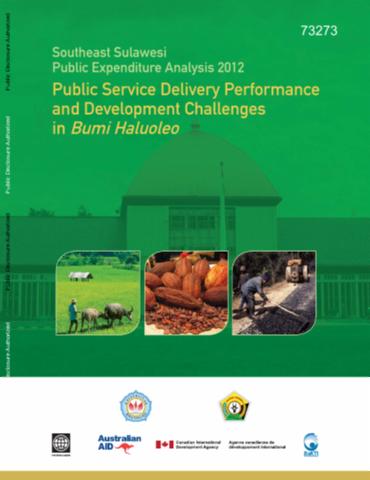Egypt - Development Policy Review
This development policy review finds
ample evidence that Egypt has prospered as a consequence of
giving the economy a greater market orientation. While
favorable global conditions have helped, the structural
changes over the last two decades have been an essential
ingredient for Egypt's success. Productivity has risen
more in segments of the economy where the private sector s
share in investment and output grew most. Empirical




